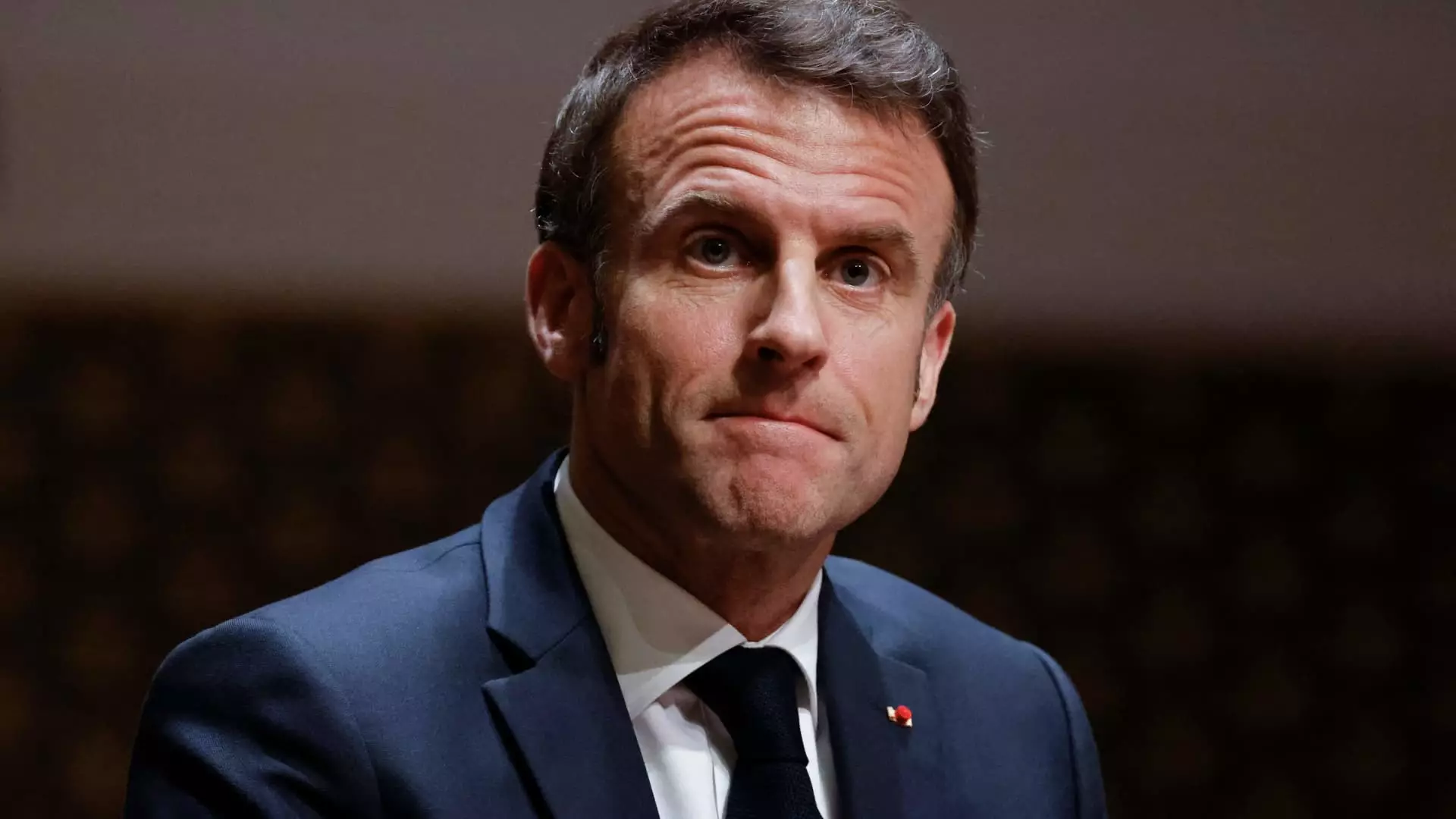The first round of the snap parliamentary election in France has revealed some surprising trends in the voting patterns of the French electorate. The preliminary results indicate a significant surge in support for the anti-immigrant National Rally party, with early polling data from national broadcaster France 2 showing that RN won 34% of the vote. This rise in popularity could have significant implications for the makeup of the French parliament and the direction of the country’s future policies.
In a surprising turn of events, President Emmanuel Macron’s centrist alliance, Together bloc, came in third place in the initial projections, garnering only 20.3% of the vote. This setback for Macron’s party could have far-reaching consequences for his leadership and ability to implement his policy agenda in the coming years. The poor showing in the first round of voting has raised questions about Macron’s ability to maintain control over the French government and whether he will face challenges from other political parties.
The results of the first round of the French parliamentary election point to a potential shift in the country’s political landscape, with the National Rally party expected to significantly increase the number of seats it holds in the National Assembly. Despite these early projections, no single party has won an outright majority of seats, signaling the possibility of a hung parliament and a period of political and economic uncertainty. The outcome of the election could have significant implications for the future governance of France and the direction of its policies.
French President Emmanuel Macron’s decision to call a snap election following his party’s poor showing in the European Parliament elections was seen as a risky gamble. The unexpected surge in support for the National Rally party has raised questions about Macron’s ability to lead the country effectively and whether he will face challenges from political rivals in the coming months. The potential for a hung parliament and a period of political uncertainty could complicate Macron’s efforts to implement his policy agenda and address the pressing issues facing France.
As the focus shifts to the second round of voting on July 7th, political analysts are closely watching to see how the results will impact the composition of the French parliament. The outcome of the election could have significant implications for France’s domestic and economic policies, as well as its role in the European Union. The rise of the National Rally party and the potential for a hung parliament have underscored the divisions within French society and the challenges facing the country’s political leadership.


Leave a Reply